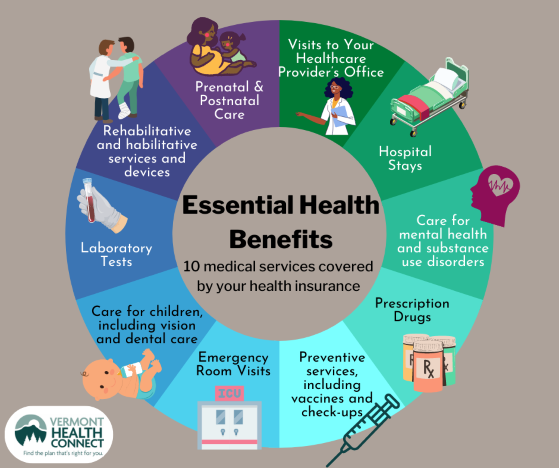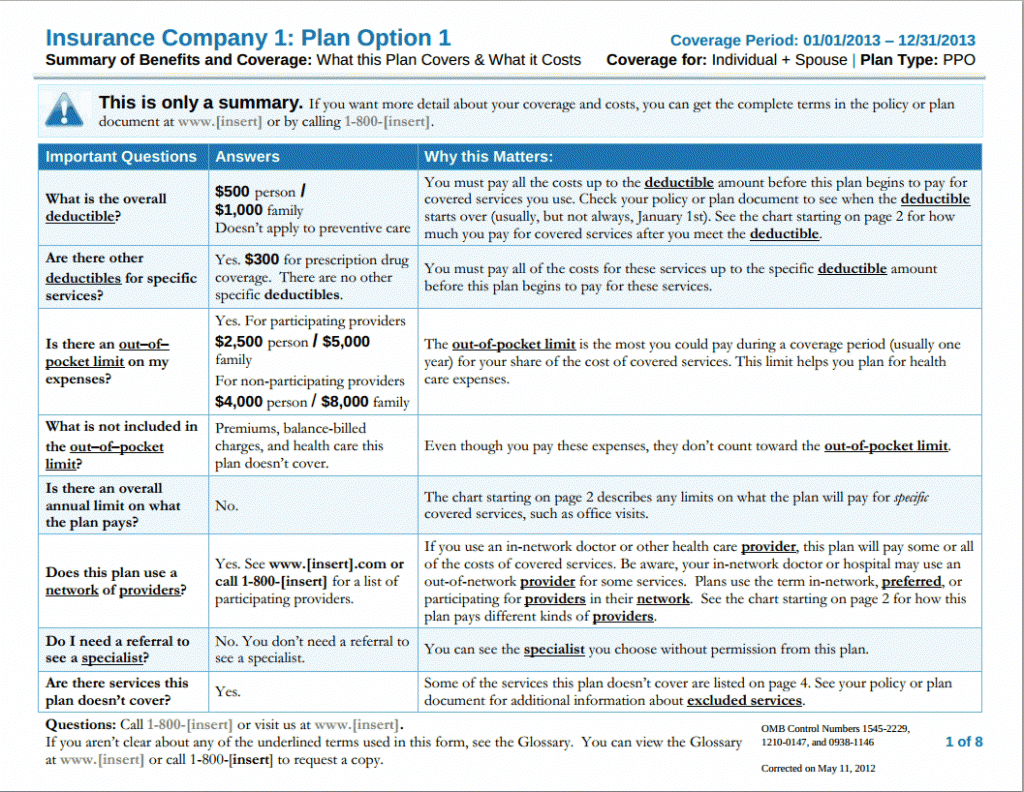Some Known Details About Health Insurance In Toccoa, Ga
Wiki Article
Some Ideas on Annuities In Toccoa, Ga You Need To Know
Table of ContentsNot known Facts About Home Owners Insurance In Toccoa, GaMedicare/ Medicaid In Toccoa, Ga Fundamentals ExplainedMedicare/ Medicaid In Toccoa, Ga Things To Know Before You Get ThisAn Unbiased View of Insurance In Toccoa, Ga

1 and 3. 2 (Affordable Care Act (ACA) in Toccoa, GA), for more information. New immigrants represent a substantial proportion of people without health insurance. One evaluation has connected a substantial portion of the recent development in the dimension of the united state without insurance population to immigrants who showed up in the country in between 1994 and 1998 (Camarota and Edwards, 2000)
Medical insurance insurance coverage is a vital aspect in many versions that show access to healthcare. The relationship between health insurance coverage and accessibility to care is well developed, as documented later in this chapter. Although the relationship in between medical insurance and wellness end results is neither direct neither straightforward, a considerable professional and health services research study literary works links health insurance coverage to improved accessibility to care, far better quality, and boosted personal and population health status.
Not known Details About Commercial Insurance In Toccoa, Ga
The troubles encountered by the underinsured remain in some respects similar to those encountered by the uninsured, although they are normally much less severe. Uninsurance and underinsurance, nevertheless, entail definitely various plan concerns, and the techniques for resolving them might differ. Throughout this study and the 5 reports to follow, the main emphasis gets on persons without medical insurance and thus no aid in paying for health and wellness care past what is offered via charity and safety and security net institutions.
Medical insurance is a powerful aspect affecting invoice of care due to the fact that both people and medical professionals respond to the out-of-pocket cost of services. Medical insurance, nonetheless, is neither necessary nor enough to get to clinical solutions. The independent and direct result of wellness insurance policy coverage on access to wellness solutions is well established.
Others will obtain the healthcare they need also without medical insurance, by spending for it out of pocket or seeking it from providers who provide care totally free or at highly subsidized rates - Health Insurance in Toccoa, GA. For still others, health insurance alone does not make certain receipt of treatment due to the fact that of various other nonfinancial obstacles, such as a lack of health treatment suppliers in their neighborhood, restricted accessibility to transportation, illiteracy, or etymological and cultural distinctions
Unknown Facts About Insurance In Toccoa, Ga
Formal research study about uninsured populations in the USA dates to the late 1920s and very early 1930s when the Committee on the Price of Healthcare created a series of reports concerning financing medical professional office check outs and hospitalizations. This concern came to be salient as the numbers of medically indigent climbed up throughout the Great Depression.Empirical research studies constantly sustain the link in between accessibility to care and improved health and wellness outcomes (Bindman et al., 1995; Starfield, 1995). Having a routine resource of care can be thought about a predictor of gain access to, rather than a straight action of it, when wellness end results are themselves made use of as accessibility signs.
About Affordable Care Act (Aca) In Toccoa, Ga

Although emergency departments are represented as a pricey and unsuitable site of primary treatment solutions, many without insurance individuals look for care in emergency situation divisions due to the fact that they are sent there by various other healthcare companies or have no place else to go. Emergency care experts suggest that the nation's emergency departments not only serve as service providers of last hope yet are an important access factor right into the health treatment system (O'Brien et al (https://sandbox.zenodo.org/records/25112)., 1999)
Chapter 2 provides an overview of just how employment-based medical insurance, public programs and private insurance coverage run and communicate to give extensive however incomplete coverage of the united state populace. This consists of a review of historical trends and public laws affecting both public and personal insurance policy, a conversation of the interactions among the various sorts of insurance, and an evaluation of why people move from one program to another or wind up without any coverage.Chapter 3 manufactures existing details to get here at a composite summary of the uninsured: What attributes do people without insurance coverage commonly share? Where do the without insurance live? The chapter also offers details concerning the threat of being or becoming without insurance: Exactly how does the opportunity of being uninsured modification depending upon chosen qualities, such as racial and ethnic identification, rural or urban residency, and age? What are the likelihoods for certain populaces, such over at this website as racial and ethnic minorities, country citizens, and older working-age individuals, of being uninsured? Just how does the possibility of being uninsured modification over a life time? In enhancement to defining the likelihood of being without insurance in regards to a single dimension, such as sex, age, race, job standing, or geographic area, Phase 3 Presents the results of multivariate analyses that offer an even more useful representation of the elements that contribute to the chances of being uninsured.
Report this wiki page